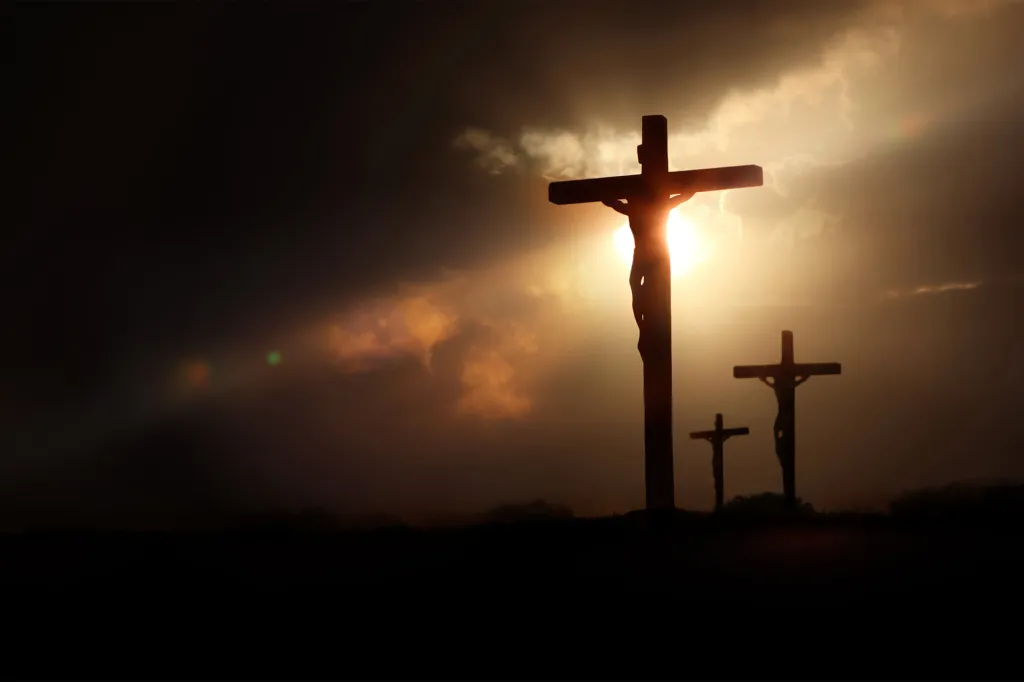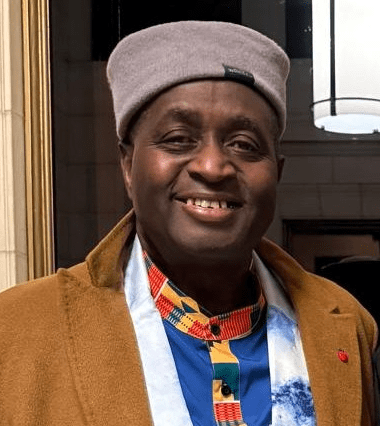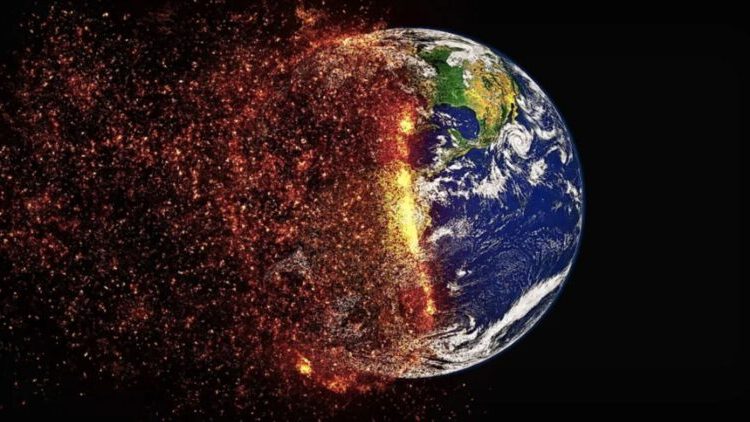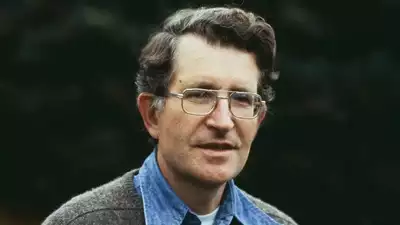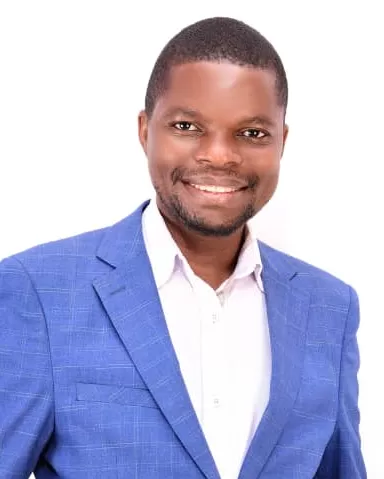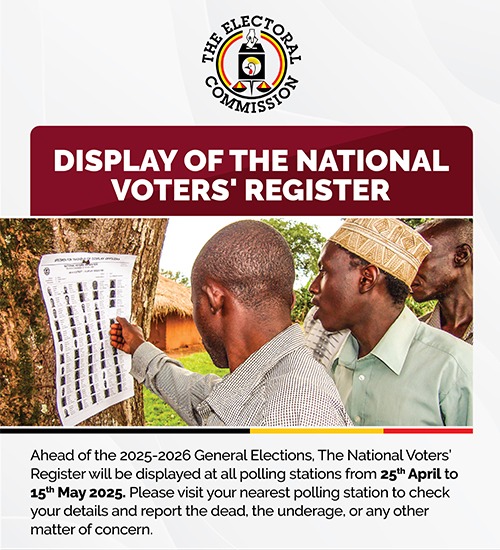By Isaac Christopher Lubogo
Introduction: We Die by Choice, Not by Chance
It is not the hand of fate, but the carelessness of man, that often draws the line between life and death. So many perish not because the end was inevitable—but because they escorted it willingly, dressed it up with poor choices, and crowned it with pride. We are not always murdered by what we don’t know, but by what we know and ignore.
Jean-Paul Sartre rightly said: “Man is nothing else but what he makes of himself.” So, when a man dies by folly, he has built his own tombstone—choice by choice.
Let us, then, reflect deeply on the ten most common and often avoidable killers—ranked from most serious to lesser, but still fatal—all under the tyranny of poor judgment.
1. Suppressed Emotions: The Internal Guillotine
Unspoken grief. Unforgiven wounds. Buried rage. These do not fade—they ferment into cancerous despair, mental illness, or even suicide. In Africa, we bury emotions like secrets. But emotional constipation becomes psychological toxicity.
Viktor Frankl reminds us: “An abnormal reaction to an abnormal situation is normal behavior.” To feel is human. To bottle up pain is to poison one’s soul. Death by silence is one of the most brutal forms of slow suicide.
2. Refusal to Seek Help: The Arrogance of Isolation
Many lives are lost because help was a phone call away—but never made. People drown in debt, depression, disease, or danger simply because they feared appearing weak. This is not strength—it is suicide wrapped in pride.
Ecclesiastes 4:10: “Woe to him who is alone when he falls, for he has no one to lift him up.”
We are communal beings. Those who reject help often dig their own graves with the shovel of false independence.
3. Fear of Change: The Comfort of a Burning House
People stay in abusive marriages, corrupt workplaces, or toxic lifestyles because they fear the unknown. But sometimes, not changing is more dangerous than the risk itself.
Carl Jung warned: “What you resist, persists.”
And so it does. People fear change more than death, and that fear eventually delivers both.
4. Addiction: Escapes That Become Executioners
Whether alcohol, narcotics, pornography, or screens—escapes turn into cages, and cages become coffins. Addiction is not just chemical—it is often existential, the soul screaming for peace in the wrong places.
Aldous Huxley said: “Most human beings have an almost infinite capacity for taking things for granted.”
We take sobriety, health, and mental clarity for granted until the day they are gone—and we with them.
5. Sexual Recklessness: Pleasure That Punishes
Infidelity. Disease. Betrayal. Sexual irresponsibility has ended careers, destroyed families, caused mental collapse, and taken lives through HIV/AIDS and vengeful violence. In a world that glorifies lust but demonizes discipline, many have traded longevity for a moment of madness.
As Oscar Wilde once quipped: “I can resist everything except temptation.” Sadly, temptation doesn’t just ruin reputations—it claims lives.
6. Pride: The Silent Assassin
More fatal than poison is pride. It blocks apology, rejects correction, and glorifies arrogance. Pride is the voice that says “I’m fine” even as the soul is hemorrhaging.
C.S. Lewis called pride “the complete anti-God state of mind.”
Those who die in pride often die alone, misunderstood, and avoidably.
7. Medical Neglect: Suicide by Negligence
How many have died from things that could have been caught early? Men refuse checkups. Women self-medicate. Children die from treatable infections. Not because Uganda lacks all doctors, but because denial is easier than diagnosis.
As Hippocrates taught: “A wise man ought to realize that health is his most valuable possession.”
But wisdom is scarce—and so the mortuary is full.
8. Diet and Lifestyle: Death by Fork and Couch
Junk food. Excess sugar. No exercise. No water. Only caffeine, cholesterol, and cravings. We do not eat to live; we live to eat—and die for it. The diseases of wealth are now common even in poverty.
Let food be thy medicine, Hippocrates advised. But we’ve made it a slow poison—offered in colorful packages.
9. Procrastination: The Art of Dying Slowly
We delay that test, that apology, that decision, that dream. And slowly, life leaves. Not suddenly—but in inches.
Seneca wrote: “It’s not that we have a short time to live, but that we waste a lot of it.”
Procrastination doesn’t kill with a bang, but with a whisper.
10. Toxic Associations: Dying by Proximity
Many are in prison, in hospital, or in the grave because of friends they refused to leave. You don’t have to commit the crime—just be in the wrong car at the wrong time.
Proverbs 13:20 warns: “He that walketh with the wise shall be wise: but a companion of fools shall be destroyed.”
Some deaths are not your fault—but your association is your responsibility.
Conclusion: Death by Design or Death by Default
In the final analysis, the enemy is not fate—it is often familiarity, fear, or foolishness. Life is a series of choices, and so is death. Let no man say he did not know. He did. But he chose otherwise.
As Marcus Aurelius concluded: “The happiness of your life depends upon the quality of your thoughts.” I dare to add: So does the survival of your life.
Choose better. Live longer.
# Suigeneris



